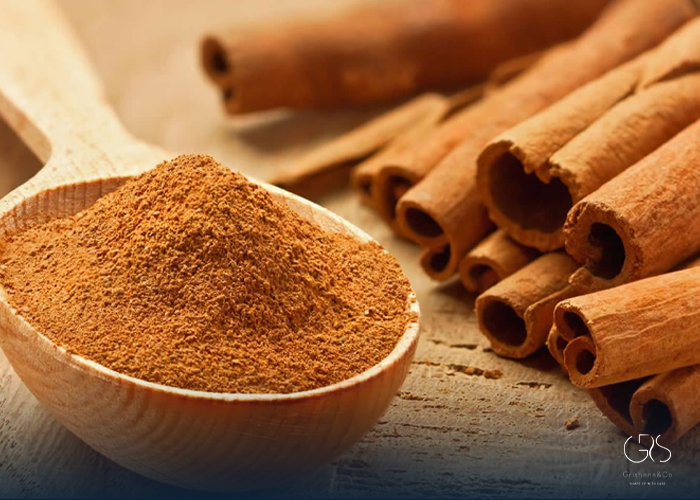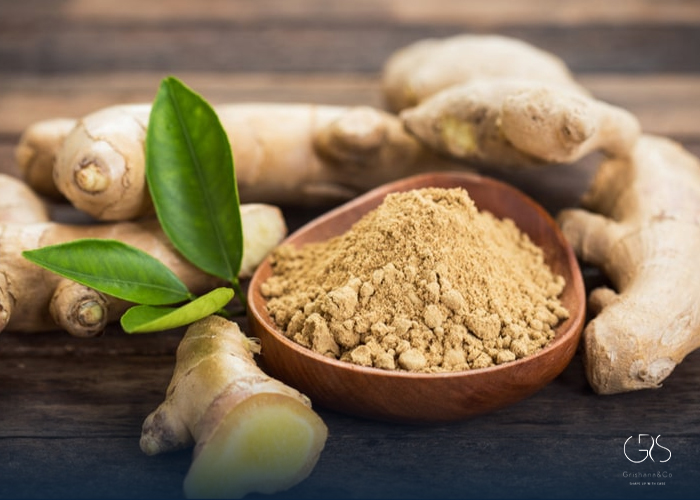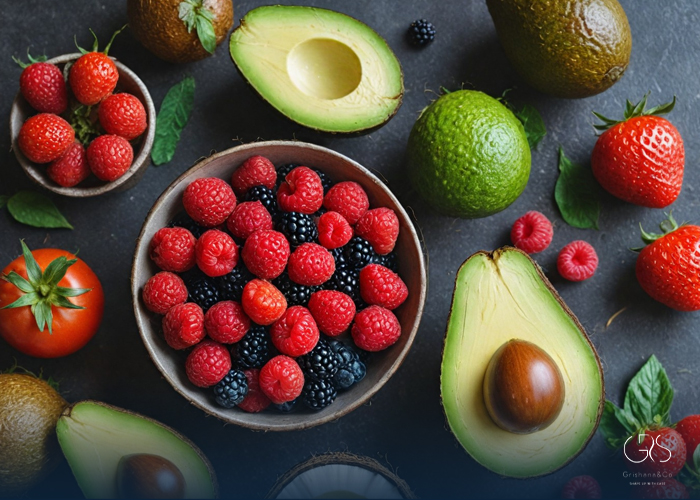In a fast-paced world, a cup of coffee serves as a vital elixir for many individuals, providing a much-needed energy boost to kickstart the day. Nevertheless, in the quest for a healthier lifestyle, it is crucial to consider the potential impact of coffee additives. This article explores various ingredients that can be added to coffee to enhance its health benefits, delving into the potential effects of collagen peptides, monk fruit sweetener, cinnamon, cacao powder, ginger, and the recommended caffeine intake. Furthermore, it offers alternative methods to boost one’s morning routine.
Collagen Peptides: A Nutritious Addition
Collagen peptides, derived from animal connective tissues, have gained popularity as a supplement to promote skin health, joint function, and muscle mass. When incorporated into coffee, collagen peptides can provide an additional protein source while potentially reducing joint pain and enhancing skin elasticity. A study published in the Journal of Cosmetic Dermatology found that oral supplementation of collagen peptides led to a significant improvement in skin hydration and elasticity among participants over an eight-week period (Journal of Cosmetic Dermatology).
Monk Fruit Sweetener: A Natural Alternative
For those seeking a natural sweetener, monk fruit sweetener serves as a favorable substitute for conventional sugar. Monk fruit extract, derived from the Luo Han Guo fruit, offers sweetness without the added calories or adverse effects associated with sugar consumption. Furthermore, monk fruit sweetener is recognized for its low glycemic index, making it a suitable choice for individuals mindful of their blood sugar levels. Research has indicated that monk fruit sweetener may help manage glucose levels and reduce oxidative stress, thus potentially benefiting individuals with diabetes.

Cinnamon: Adding Flavor and Health Benefits
Cinnamon, a versatile spice, not only provides a rich flavor profile to coffee but also serves as a source of potential health benefits. The addition of cinnamon to coffee can impart a natural sweetness without the need for refined sugars. More significantly, cinnamon possesses anti-inflammatory properties and may aid in regulating blood sugar levels. A study conducted by the Journal of the American College of Nutrition highlighted the positive impact of cinnamon on fasting blood glucose levels in individuals with type 2 diabetes, suggesting its potential in improving glycemic control.

Cacao Powder: Incorporating Antioxidants and Flavor
Incorporating cacao powder into coffee can contribute to its antioxidant content while providing a rich chocolaty taste. Cacao is renowned for its high concentration of flavonoids, which exhibit potential cardiovascular benefits. A meta-analysis published in the journal Nutrients emphasized the association between cocoa and cardiovascular health, with findings suggesting a reduction in blood pressure and improvement in endothelial function.
Ginger: An Invigorating Spice
Ginger, known for its distinctive spicy flavor, can be a beneficial addition to coffee. Not only does it offer a unique taste, but it is also recognized for its potential digestive and anti-inflammatory properties. A systematic review in the World Journal of Gastroenterology outlined the therapeutic effects of ginger in alleviating gastrointestinal discomfort, highlighting its role in promoting digestive health (World Journal of Gastroenterology).
(If you’d like to learn more about the health benefits of ginger, please refer to this article.)

How Much Caffeine Should You Have Per Day?
While considering additions to coffee, it is imperative to address the issue of caffeine consumption. The recommended daily caffeine intake varies and is subject to individual tolerance and health conditions. According to the Mayo Clinic, moderate caffeine intake is considered safe for most individuals, with a general guideline suggesting a limit of 400 milligrams per day for most adults. Consuming excessive caffeine can lead to adverse effects such as increased heart rate, restlessness, and anxiety, and may impact sleep quality.
Other Ways to Boost Your Morning
Alongside incorporating healthy additions into your daily coffee, there are other strategies to boost the nutritional value of your morning routine. Incorporating a balanced breakfast rich in proteins, healthy fats, and fiber can optimize energy levels and promote satiety. Furthermore, staying hydrated by consuming ample water and herbal teas throughout the day can enhance overall well-being. Engaging in physical activity in the morning, such as yoga, stretching, or a brisk walk, can invigorate both the body and mind, setting a positive tone for the day.
Conclusion
In summary, enhancing your daily cup of coffee with healthy additions such as collagen peptides, monk fruit sweetener, cinnamon, cacao powder, and ginger can lead to a more nourishing and satisfying experience. However, it is essential to be mindful of the quantity and quality of each additive to ensure their benefits are maximized. Moreover, striking a balance in caffeine intake and embracing a holistic approach to morning rituals can contribute to an overall healthier lifestyle. By incorporating these diverse perspectives and considering the scientific evidence, one can make informed choices to enrich the daily coffee routine.
Sources
- onlinelibrary, Low-molecular-weight collagen peptides supplement promotes a healthy skin: A randomized, double-blinded, placebo-controlled study
- Mayo Clinic, Caffeine: How much is too much?










